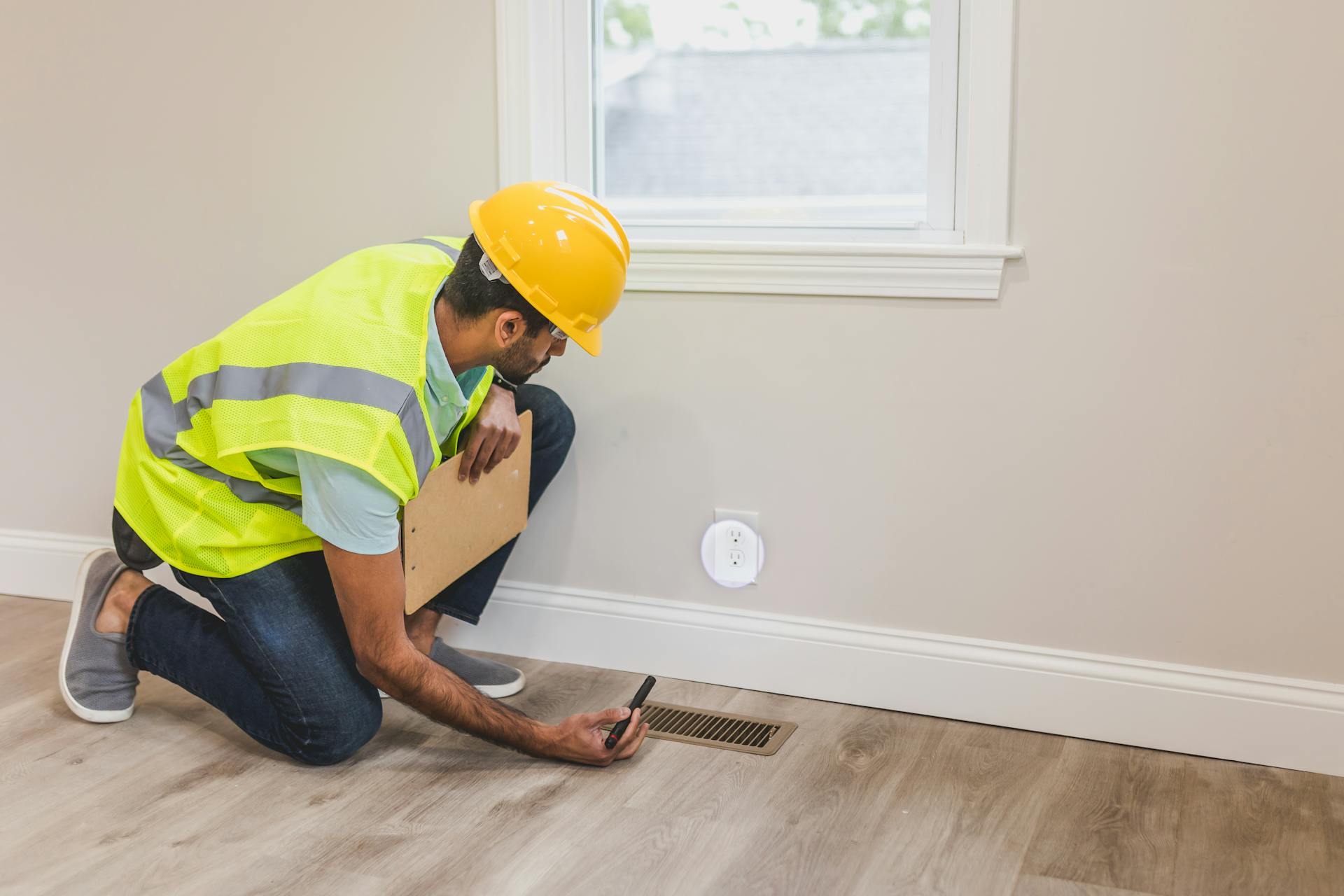Selling a home in Washington comes with many steps, and one of the most critical is the home inspection. Buyers typically order an inspection to assess the property’s condition before finalizing the purchase. Understanding what to expect from this process can help you prepare, avoid surprises, and keep your sale on track.
This guide covers what sellers should know about home inspections in Washington, including common issues inspectors look for, how to prepare, and what happens after the inspection.
What is a Home Inspection?
A home inspection is a thorough evaluation of a property’s condition conducted by a licensed professional. Inspectors assess various aspects of the home, from the foundation to the roof, and provide buyers with a report outlining any concerns.
While home inspections are primarily for buyers, sellers benefit from knowing what to expect and addressing potential issues in advance.
Common Issues Home Inspectors Look For
A standard home inspection in Washington typically covers:
- Roof and Gutters – Inspectors check for leaks, missing shingles, and drainage issues.
- Foundation and Structure – Cracks, uneven settling, and water damage are key concerns.
- Plumbing System – Leaks, water pressure issues, and outdated pipes may be flagged.
- Electrical System – Inspectors look for faulty wiring, outdated panels, and overloaded circuits.
- HVAC (Heating and Cooling Systems)– Proper operation and overall condition are evaluated.
- Windows and Doors – Inspectors check for leaks, broken seals, and proper function.
- Insulation and Ventilation – Proper attic insulation and airflow prevent moisture issues.
- Pest or Mold Issues – Termite damage, mold, and moisture-related concerns may be noted.
If significant problems are discovered, buyers may negotiate repairs, request a credit, or even reconsider their purchase.
How to Prepare for a Home Inspection as a Seller
Taking proactive steps before the inspection can improve your home’s appeal and prevent deal delays.
1. Address Minor Repairs in Advance
Fixing small, noticeable issues can prevent them from becoming red flags in the inspection report. Consider:
- Replacing missing roof shingles
- Repairing leaky faucets and running toilets
- Testing all electrical outlets and replacing burnt-out bulbs
- Ensuring windows and doors open and close properly
2. Clean and Declutter the Home
A clean, organized home helps create a positive impression. Make sure inspectors can easily access areas such as the attic, basement, water heater, electrical panel, and HVAC system.
3. Check for Moisture and Drainage Issues
Washington’s damp climate makes moisture-related issues common. Ensure gutters are clear, downspouts direct water away from the foundation, and there are no visible signs of mold or mildew.
4. Service Your HVAC and Water Heater
An outdated or poorly maintained HVAC system can raise red flags. Consider servicing the unit before the inspection to confirm it's in good working condition.
5. Provide Documentation for Repairs and Upgrades
If you’ve made repairs, remodeled, or replaced major systems, have receipts and warranties available. This can reassure buyers that the home has been well-maintained.
What Happens After the Inspection?
Once the inspection is complete, the buyer will receive a detailed report. They may:
- Proceed with the purchase as-is if no major concerns arise.
- Request repairs or seller credits for issues that need attention.
- Negotiate the price if significant defects are found.
- Walk away from the deal if the report reveals major problems and contingencies allow.
Sellers can respond to repair requests by:
- Agreeing to fix certain issues
- Offering a price reduction or closing credit
- Declining the request (though this may risk the deal falling through)
A real estate agent can help navigate these negotiations to keep the transaction moving forward.
Final Thoughts: Be Prepared for a Smooth Inspection Process
A home inspection can be one of the most stressful parts of selling a home in Washington, but preparation makes all the difference. By addressing common issues, ensuring the home is accessible, and responding strategically to buyer requests, you can help ensure a smooth transaction with fewer surprises.
Thinking about selling your home? Get ahead of the inspection process and maximize your home’s value. Contact us today for expert guidance!



